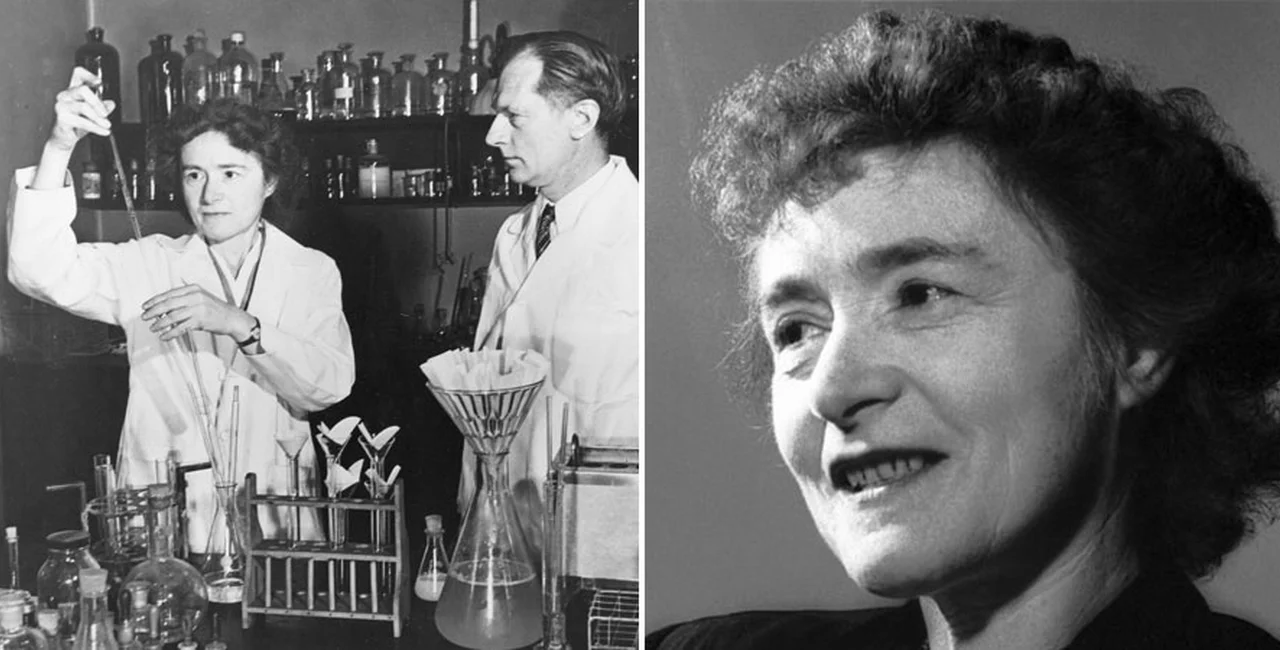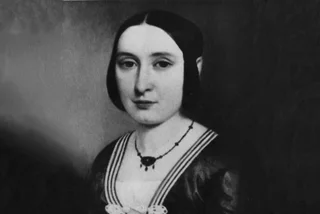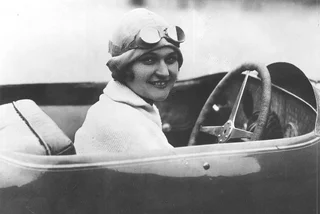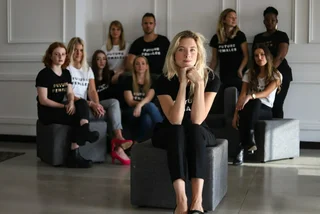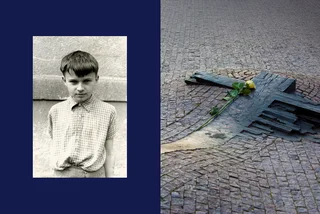The International Day of Women and Girls in Science is being celebrated for the sixth time on Feb. 11, It was proclaimed by the United Nations at the end of 2015 to promote full and equal access to participation in science for women and girls.
“We cannot afford to waste the potential of half of humanity,” UN Secretary General António Guterres said.
“Science is not just a male world – that's what it's all about. So women who have a successful scientific career need help,” he added.
Several Czech institutions will commemorate the day, including the National Contact Center for Gender and Science (NKC), the Czech Technical University in Prague (ČVUT), and Mendel University in Brno.
The Czech Academy of Sciences has put together a fun, English-friendly interactive trivia game based on Czech women in science. Play it here.
The NKC, a part of the Czech Academy of Sciences, has chosen the achievements of women scientists in 2020 as this year’s topic. “However, our campaign Achievements of Scientists in 2020 will not only inlcude coronavirus fighters, such as Kathrin Jansen or Li Lanjuan,” organizer Kristýna Veitová said in a press release. “We also want to draw attention to those women and girls who have achieved success in other areas.”
Part of the campaign calls for scientists to share success stories under the hashtags #ZenyVeVede and #WomenInScience.
Scientists
— UN Women (@UN_Women) February 11, 2021
Doctors
Nurses
Researchers
Join us on International Day of Women and Girls in Science to celebrate the #WomenInScience at the forefront of the fight against COVID-19.https://t.co/EXTNSuy2My
“Undoubtedly, the success of last year is also mastering the work and worrying about relatives or the continuation of scientific activities,” NKC head Marcela Linková said.
The COVID-19 pandemic highlighted the importance of gender-sensitive analysis, as the disease affects women and men differently.
“In all these discussions and new research, women abroad have been heard significantly. Our campaign now aims to give space to success and important new findings for researchers from the Czech Republic,” Linková she said.
The Institute of Chemistry and Biochemistry of Mendel University in Brno is an example of breaking down gender myths in the scientific sphere. More than half of the institute’s 110 employees are women.
ČVUT is also seeing more women participating in science. “We are perceived as a technical university, and historically the number of men has always prevailed here, however we are pleased that it is gradually changing and in 2019 there were 31.3 percent of women at ČVUT,” rector Vojtěch Petráček said. The highest share of female students at ČVUT is the Faculty of Biomedical Engineering, with 61.3 percent, and the Faculty of Architecture, with 61 percent.
The number of female students at universities and research institutes is still growing. While in 2001, according to the Czech Ministry of Education, female university students were 48.3 percent, in 2018 it was 55.9 percent. Women crossed the 50 percent threshold in 2004.
While this year the holiday was dedicated to women’s accomplishments in 2020, there have been several significant female scientists in the past.
5 Czech women scientists who made a difference
Marie Zdeňka Baborová-Čiháková in 1901 became the first woman in the Czech lands to earn a Doctor of Philosophy degree. In her field of insect studies, she participated in international conferences and contributed to several significant publications.
Later, though, she dedicated her life to an agricultural machinery factory she co-owned with her husband. She died in Čelákovice, Central Bohemia in 1937 at the age of 60. Nonetheless her early accomplishments opened the doors for future Czech women to get a higher education.
Another significant figure was Adéla Kochanovská, a Czech nuclear physicist who in the 1940s and ’50s pioneered radiography, X-ray structural analysis, and X-ray crystallography. Her writings on the topics were groundbreaking, and some became the basis of textbooks that were used for decades. She died in 1985 at the age of 78.
Czech pharmacologist Helena Rašková, who died in Prague in 2010 at the age of 97, made significant contributions in her field and was also persecuted by the communist regime. In 1945 she worked with the Red Army to stop a typhus epidemic at Terezín. In the 1950s she helped to establish the International Union of Pharmacology (IUPHAR).
After the Soviet-led invasion in 1968, authorities forced her to work in veterinary sciences, and even in this field she made important contributions. After the split of Czechoslovakia, she was active in promoting joint Czech and Slovak scientific cooperation.
Gerty Cori, a Czech-American doctor and biochemist of Jewish origin, in 1947 was the first woman in the world to win the Nobel Prize in Physiology and Medicine. She was also the third woman and the first American to win a Nobel Prize in any scientific field. The Prague native graduated in medicine from Charles University.
Her prize was for figuring out the function of hormones from the anterior lobe of the pituitary gland in metabolizing sugars. She was active in research until she died of cancer in 1967 at the age of 61. Her unusual first name is because she was named after a battleship.
More recently, Czech software engineer Dita Přikrylová founded Czechitas in 2014. The non-profit organization has a goal of dismantling stereotypes and encouraging women and girls to learn coding to move into IT careers.












 Reading time: 4 minutes
Reading time: 4 minutes 